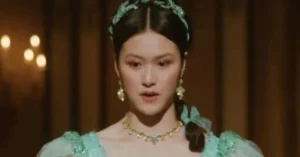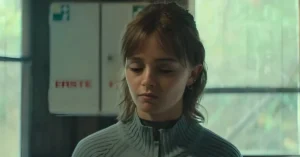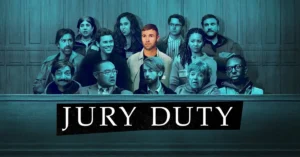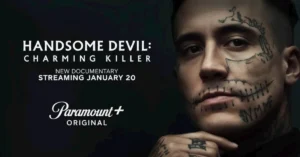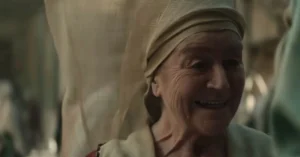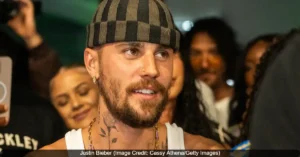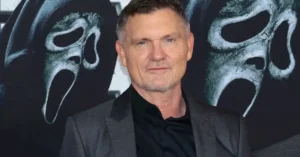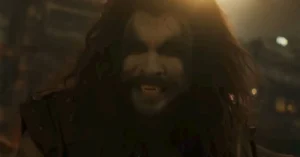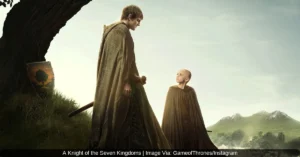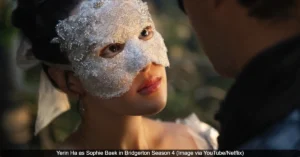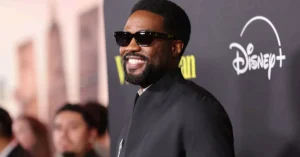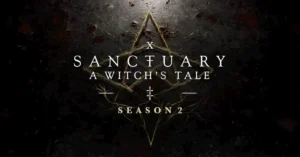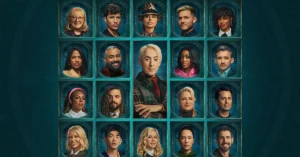Jordan Peele is bringing a forgotten piece of American history to the screen. His new documentary, High Horse: The Black Cowboy, will premiere on Thursday, November 20 on Peacock. The three-part series, produced by Peele’s Monkeypaw Productions, aims to dismantle the whitewashed mythology of the cowboy and reclaim the history of Black cowboys in America. The project expands on themes Peele first touched on in his 2022 sci-fi horror film, Nope.
Rewriting the Story of the Wild West
The documentary confronts and reclaims the history of the Wild West, focusing on a history that has been largely untold. The official description calls it a “three-part pop culture and historical documentary” that will unmask the forces that erased the identity of the Black cowboy from frontier history. It connects this history to the modern resurgence of Black cowboy culture seen today in music, art, fashion, and film.
The series rewrites a foundational piece of American history. It promises to take viewers on a thrilling odyssey from the past to the present, showcasing the lasting legacy and cultural impact of Black cowboys and cowgirls.
A Project to Honor a Lost Legacy
Jordan Peele shared his perspective on the project, stating his gratitude for the opportunity to amplify these important stories.
“I’m grateful to Monkeypaw Productions for amplifying the powerful voices and long-standing culture of Black Cowboys and Cowgirls through High Horse: The Black Cowboy, on Peacock,” said Peele. “Their history is inseparable from the story of our country — and this project aims to honor and celebrate their lasting legacy.”
This documentary marks the first documentary project for Peele’s production company, Monkeypaw Productions. Universal Studio Group chairman Pearlena Igbokwe noted that while Nope gave a nod to this history, the docuseries offers a full exploration of these cowboys’ lives and contributions.
The People Behind the Documentary
Jason Perez directed the series. The documentary also features an original score composed by Raphael Saadiq.
The film includes original interviews with a range of cultural figures. The list includes Jordan Peele, Bun B, Blanco Brown, Pam Grier, Lori Harvey, INK, Tina Knowles, Rick Ross, Glynn Turman, Lynae Vanee, and The Compton Cowboys.
On the production side, Jordan Peele executive produced the series with Win Rosenfeld, Keisha Senter, and Jamal Watson from Monkeypaw Productions. They were joined by Mari Keiko Gonzalez, Liz Yale Marsh, Kadine Anckle, Tom Casciato, Sacha Jenkins, and Keith McQuirter. The documentary is produced by Monkeypaw Productions and Universal Television Alternative Studio.
The Historical Context of Black Cowboys
The story of the Black cowboy is a vital part of American history that was systematically erased from popular culture. In the latter half of the 19th century, following the American Civil War and Reconstruction, many freed slaves moved westward. It is estimated that from the 1860s to the 1880s, Black cowboys made up about 25% of the cowboy population in the American West.
These cowboys learned their skills by working alongside Mexican vaqueros and cattle-raising Native Americans. This work often offered them more opportunity and nearly equal pay compared to the limited options available to them in the South. The documentary seeks to shed light on this history and its connection to the culture we see today.
Connection to Jordan Peele’s ‘Nope’
This documentary continues themes Jordan Peele explored in his film Nope. In that movie, the main characters are horse-wrangling siblings, a profession with deep roots in Black cowboy culture. Peele was partly inspired to make the film after learning about the erasure of Black contributions to filmmaking history and the romanticized, whitewashed Hollywood version of the Old West.
Peele previously explained his motivation, noting that the myth that cowboys were just white guys is not true. He pointed to the 1972 Sidney Poitier film Buck and the Preacher as an early example of Black cowboys being represented on screen, something that was rare in Hollywood.
Also Read: Slow Horses Season 6: 7 Big Questions After the Shocking Season 5 Finale





